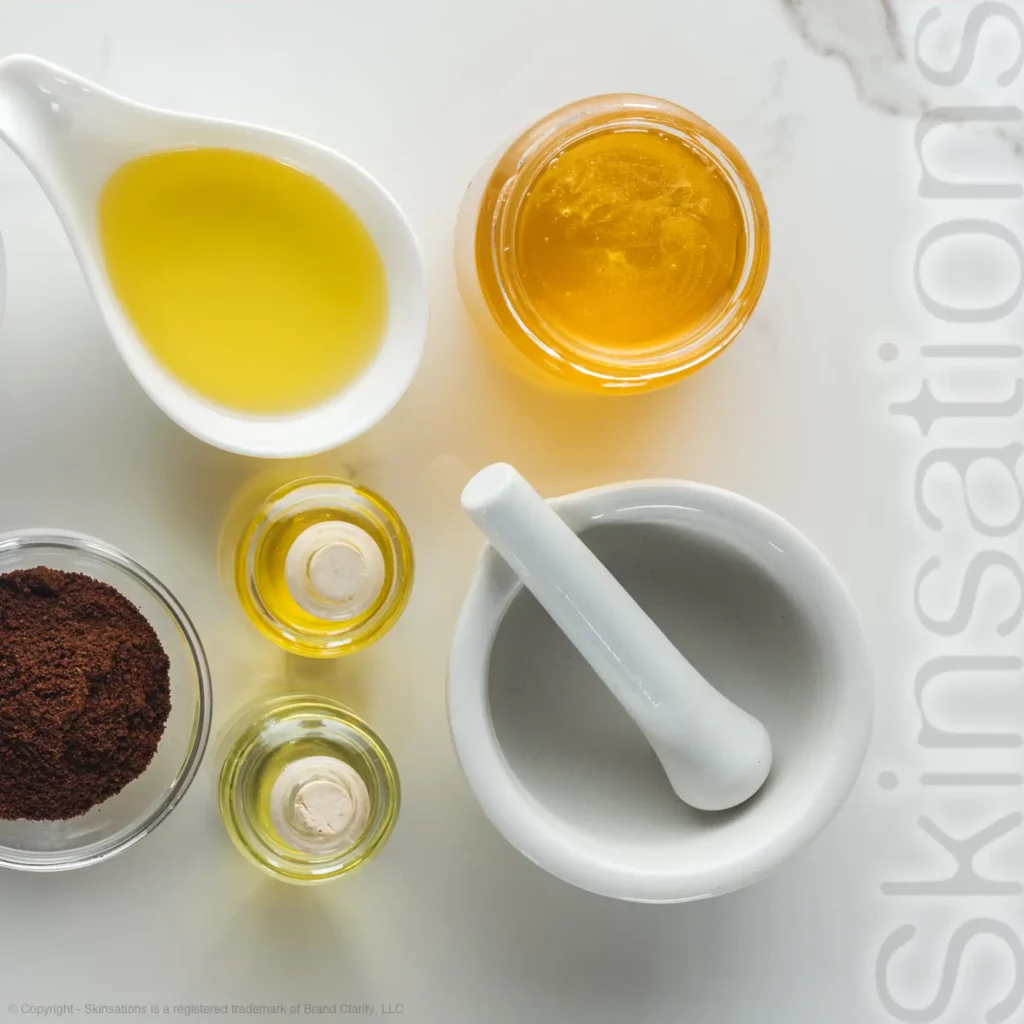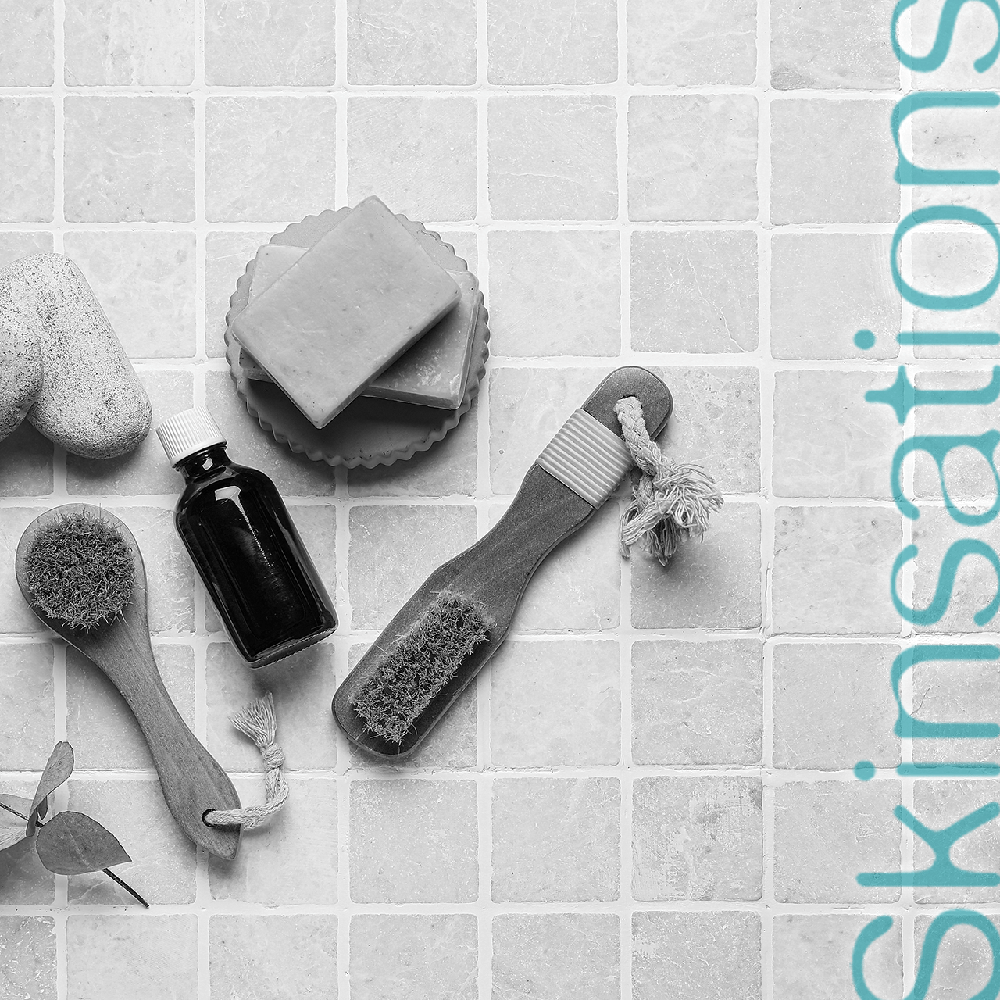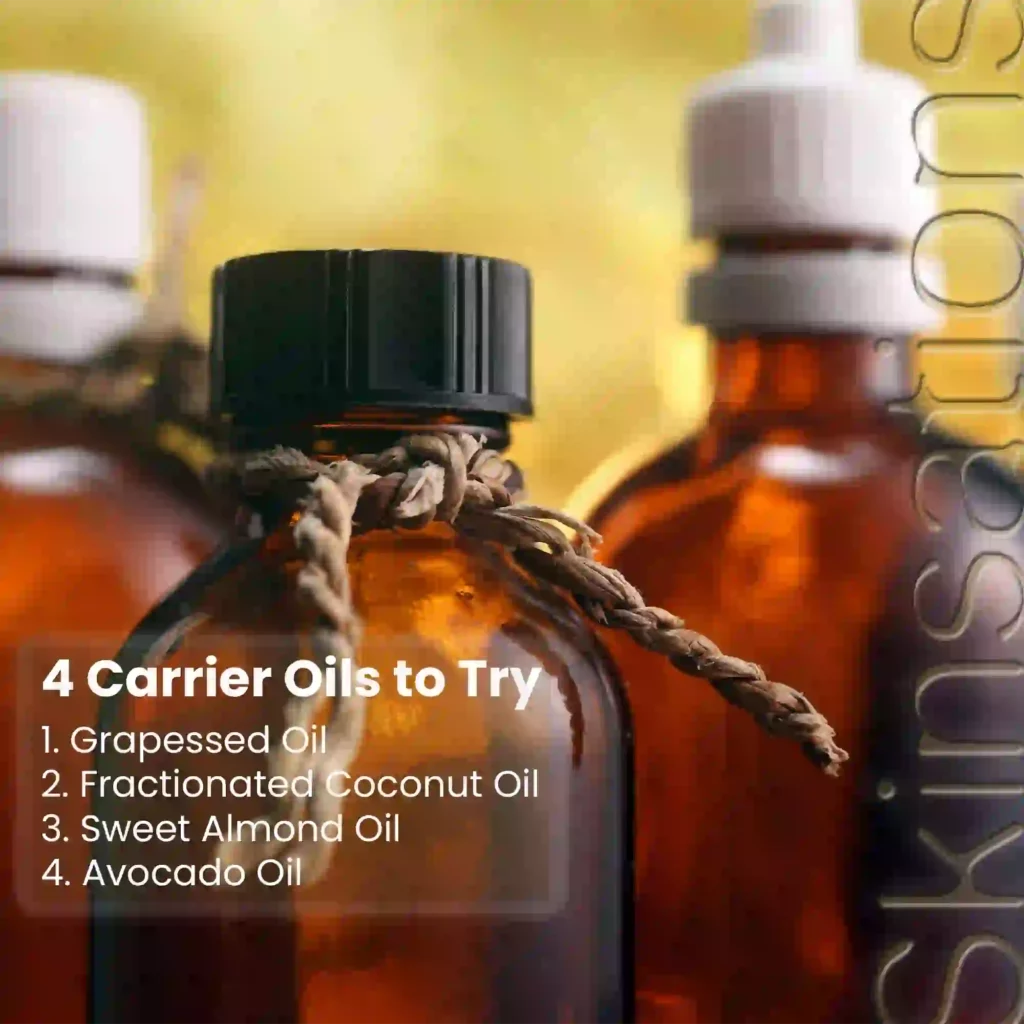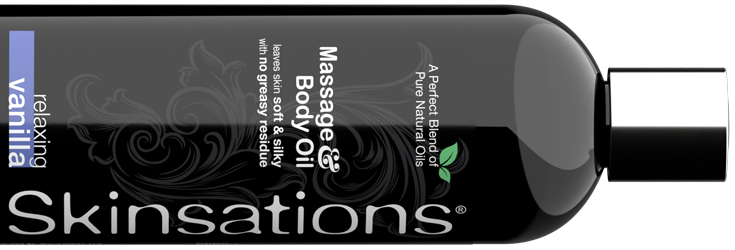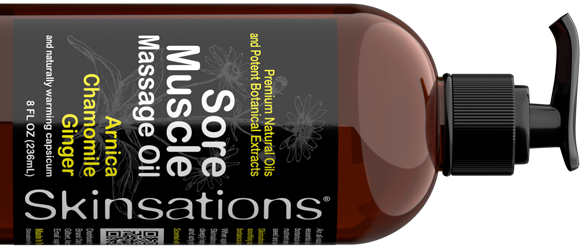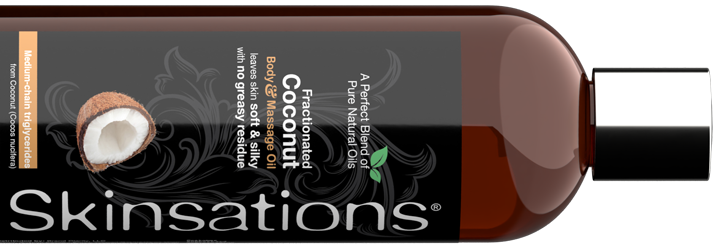Serums have become a staple and mainstay in most people’s skincare routine. There seems to be an endless array of serums out there in the market. But if you are a little confused which ones to get, we have the answer for you right here!
What’s your skin type?
But before we get into the subject of What makes a good face serum?, let’s first talk about skin types because choosing the suitable serum for your skin type can make a significant difference. Here are the most common skin types:
Normal Skin
Congratulations, you’ve got perfect skin! It’s not too dry or too oily, or too sensitive. You may or may not have some imperfections, but you’ve got a radiant complexion with barely-there pores.
Dry Skin
You may have almost invisible pores, but you may also have red patches and visible lines. The skin may sometimes crack, become inflamed or get irritated easily. You may also notice that your skin is less elastic and not at all supple. Your complexion may be a little rough or dull, but that’s easily remedied with the right combination of moisturizers and serums.
For most people, a combination of genetics, weather, and outdoor activity can contribute to dry skin. Also, ironically, if you love long hot baths and showers, your skin is prone to drying out.
Oily Skin
Do you ever feel like you could cook with the amount of oil your face makes? Do you always have to carry around those oil-blotting papers? Well, you most definitely have oily skin.
Oily skin is often characterized by large pores, shiny complexion, and skin prone to pimples, blackheads, and blemishes. Most people are born with it or triggered by hormonal issues like an overabundance of androgens.
Combination Skin
As the name suggests, people with combination skin may have oily skin in certain areas like the “T-zone” (forehead, nose, and chin) and the dry regions everywhere else. You may also notice larger pores, blackheads, and shiny areas. Most people find that they have combination skin. It’s the most common skin type!
Sensitive Skin
Do you suffer from redness and itching a lot? Do new makeup or skincare products lead to breakouts or rashes? Unfortunately, you may have sensitive skin.
Sensitive skin is characterized by redness, burning sensation, itching, and dryness. It’s essential for people with sensitive skin to ALWAYS do a patch test before using a product and find out what ingredients trigger your issues to avoid them. Often, environmental factors like pollution, cigarette smoke, and excess sunlight can trigger reactions.
What is a serum anyway?
A serum is a skincare product that you apply after cleansing your skin. A layer of moisturizer typically follows it. Because it’s made up of smaller molecules, serums act to deliver powerful active ingredients directly to the skin, penetrating deeply into the skin. Depending on the type of serum, it can provide a large concentration of active ingredients. It is thought that the higher concentration of active ingredients takes a shorter time for people to see visible results and improvements on their skin. Serums come in all types and target problematic areas like the sensitive under-eye area, lips, or the whole face.
Are face serums even necessary?
“But I can get the same results with my moisturizer or face cream.”
This is one common phrase we encounter a lot. And we certainly aren’t suggesting you ditch your beloved moisturizer or face cream, but instead, use serums as a vital addition to your skincare routine.
One small study in 2011 sought to measure the efficacy of hydrating serums versus moisturizers alone. Researchers found that a moisturizer complemented with a hydrating serum showed improved results than a moisturizer alone.
“Moisturizing or hydrating agents are important components in a basic skincare regimen. They protect the skin from daily ainsults of the environment and assist in preventing premature skin aging. The combination of novel ingredients in the facial hydrating serum was designed to provide rapid and long-lasting benefits in maintaining skin hydration. This data demonstrate the additive skin hydration and softening benefits from using the hydrating serum with a standard moisturizer compared to using the moisturizer alone.” (Werschler, W Philip et al. “Enhanced efficacy of a facial hydrating serum in subjects with normal or self-perceived dry skin.” The Journal of clinical and aesthetic dermatology vol. 4,2 (2011): 51-5.)
Are serums similar to face oils?
Well, it depends. Some serums are water-based, and some serums are oil-based. Some of Skinsations’ serums are oil-based and use natural oils as carrier oils. Most oil-based serums are used on top of moisturizers rather than underneath them.
What are the most commonly used active ingredients in serums?
Serums come in all types and purposes. Whether your goal is hydration, anti-aging, or liven up dull-looking skin, there’s a serum for all issues. Here are the most common active ingredients used in serums:
Vitamin C
Vitamin C, also known as ascorbic acid and L-ascorbic acid, is a vital vitamin that isn’t produced by the body. Instead, we get our Vitamin C from our food or through supplements. Mostly known as a vitamin abundant in oranges and citrus fruits, it is an essential compound that aids in tissue repair. Vitamin C is also a powerful antioxidant. In an interview with CNN Underscored, New York City Dermatologist Dr. Patricia Wexler considers Vitamin C an “essential nutrient in tissue repair and the enzymatic production of various transmitters.” “Topically, it’s 20 times more potent than the oral intake,” adds Wexler.
Skinsations Vitamin C Serum contains not only Vitamin C but 500mg of CBD Isolate and other active ingredients like Plant Stem Cells, Hyaluronic Acid, Amino Acids, Vitamin E, Peptides, Sea Fennel, and Panthenol to provide the antioxidant powers of Vitamin C and the anti-inflammatory properties of full-spectrum CBD Isolateoil.
Retinol
Retinol belongs in the Vitamin A family (Retinoid), like Vitamin A, found in food and supplements. Retinoids work by increasing collagen production and increasing skin cell turnover rate (only the outermost layer of skin).
Skinsations Retinol Serum contains 2.5% Retinol and is infused with a synergistic blend of botanical Hyaluronic acid, Vitamin E, Aloe, Bee Propolis Extract, and six organic botanical extracts to improve skin pigmentation, fade dark spots, fine lines, and improve skin tone and texture.
Hyaluronic Acid
According to Healthline, “Hyaluronic acid (HA) is a naturally occurring glycosaminoglycan found throughout the body’s connective tissue.” It’s what gives your skin structure and what gives it that plump and supple look. Plus, it is also deeply moisturizing and often used to treat facial redness and eczema.
Skinsations Hyaluronic Acid Serum contains botanically-derived Hyaluronic acid infused with Vitamin C, Vitamin E, MSM and combined with a synergistic blend of 6 botanical extracts. It’s gentle and effective, especially for those with sensitive skin. It is also non-comedogenic (a product that does not block or clog pores), penetrates deeply, and activates collagen production for a refreshed look and complexion.
Peptides
Peptides or polypeptides are naturally occurring amino acids that make up specific proteins needed by the skin. Collagen, the key to healthy and youthful-looking skin, is made of three polypeptide chains. Therefore, incorporating peptides in your skincare routine helps to stimulate your skin to produce more collagen.
Skinsations Peptide Eye Therapy contains not only peptides but also 500mg of CBD Isolate. It also contains Plant Stem Cells, Retinol, Hyaluronic Acid, Amino Acids, Vitamin C & E, and Panthenol to create an eye serum that fights the signs of aging around your eyes.
What type of serum should I use on my face?
To answer that question, you have first to ask what issues you want the serum to remedy. Here are some common skin problems and the corresponding serums they treat.
Dry skin
Look for serums that contain Vitamin E, Niacinamide, Hyaluronic Acid, or a serum that provides ultra hydration.
Dull skin
Look for serums with antioxidants or Hyaluronic Acid. These plump up, brighten, and balance skin tone.
Acne-prone skin
Look for serums with Vitamin C. It increases the skin’s repair process and helps to reduce inflammation. Serums with salicylic acid may help to unclog pores.
Aging skin
Look for serums with Retinol, Hyaluronic Acid, and Vitamin C. These hydrate and encourage skin regeneration.
Sensitive skin
Because just a tiny drop of serum goes a long way, more doesn’t always mean better. This is especially true for sensitive skin. We cannot stress the importance of conducting a skin patch test before using any product. We also recommend consulting with a dermatologist before using skin serums.
Combination skin
Vitamin C serum is safe and effective and is the best kind of serum for combination skin or all skin types.
Final say…
Serums are a great way for your skin to get targeted active ingredients directly. Depending on the type of serum you use, they can hydrate, provide mild exfoliation, renew skin, increase collagen production, and more. Everyone can benefit from using serums, and experts recommend starting an anti-aging serum as early as your 20s.
Skinsations has a line of eye and face serums that provide ultra hydration and help to reveal a younger, fresher, brighter looking skin. ORDER today and get the skin you’ve always wanted!
